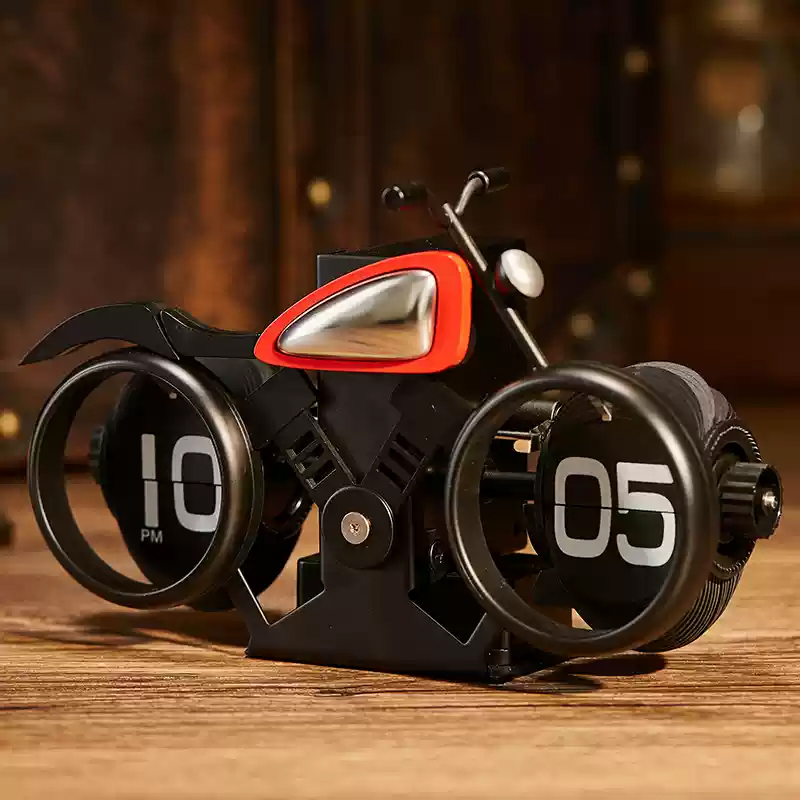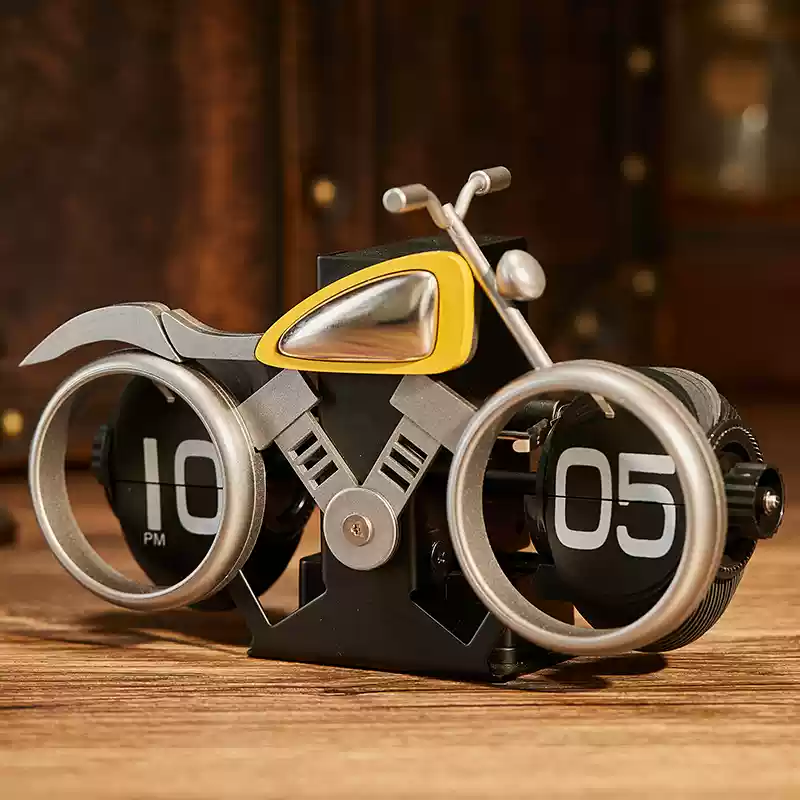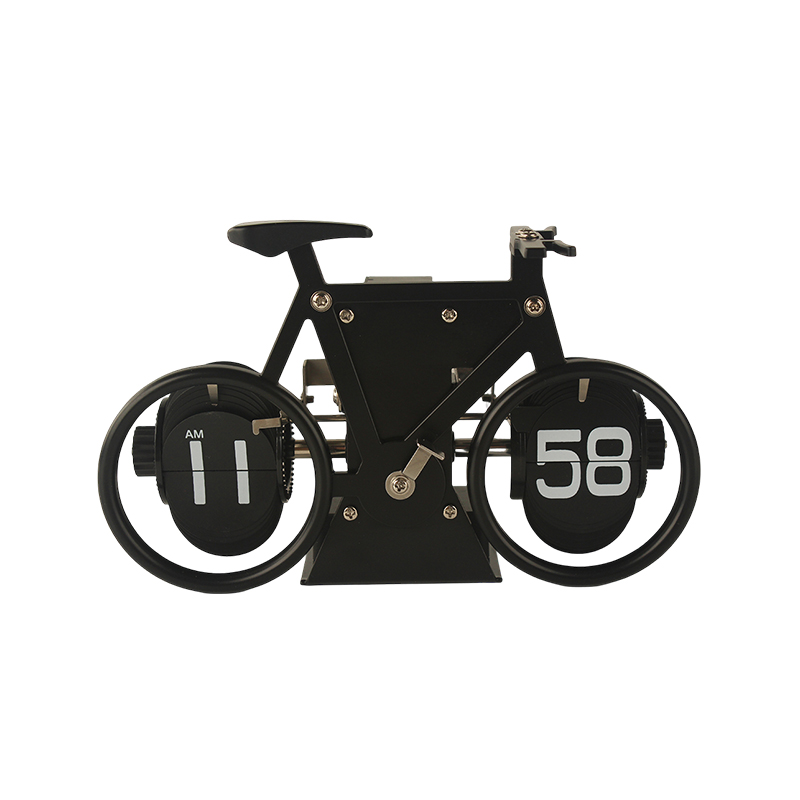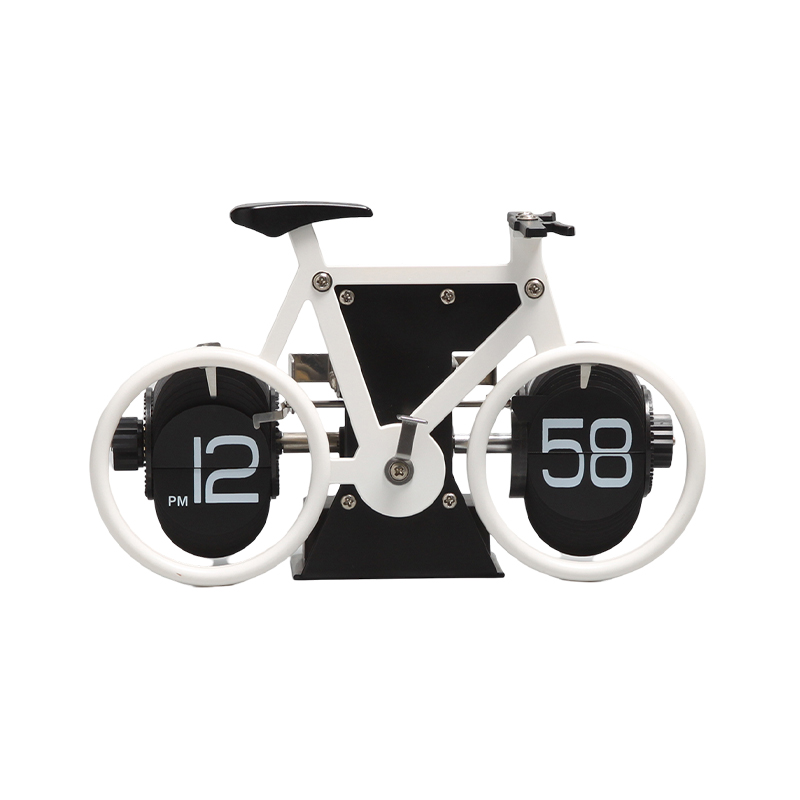-
2025-10-27 2025-10-27
How does the Bicycle Automatic Flip Clock achieve its unique mechanical aesthetic?
The Bicycle Automatic Flip Clock is a creative masterpiece born from this context. It cleverly blends dynamic motorcycle design elements with sophisticated modern technology. -
2025-10-13 2025-10-13
How does the vertically stacked page structure of a flip clock improve space utilization?
From a mechanical structure perspective, vertical stacking places higher demands on the optimization of the transmission system, but it also brings about a revolutionary breakthrough in space utilization. -
2025-09-29 2025-09-29
How does a gear clock convey the aesthetic precision of time?
By completely exposing its intricate internal gear system, the gear clock transforms the "passage of time" from an abstract concept into a visible mechanical rhythm, showcasing a breathtakingly precise aesthetic. -
2025-09-17 2025-09-17
In a flip clock mechanism, how can we optimize the gear ratio to reduce page-turning lag?
The gear transmission system of the flip clock is the core component that drives the page flipping. The rationality of its transmission ratio directly affects the smoothness of the page turning action. -
2025-09-03 2025-09-03
How to optimize the meshing clearance of gear pairs in a gear clock to reduce noise?
In the precise construction of a gear clock, the meshing clearance of the gear pairs is the core factor affecting the quietness of operation. -
2025-08-20 2025-08-20
How do mechanical gear clocks achieve precise timekeeping through purely physical transmission?
Even in today's highly developed world of electronic and intelligent timekeeping devices, mechanical gear clocks continue to captivate people with their unique charm.







